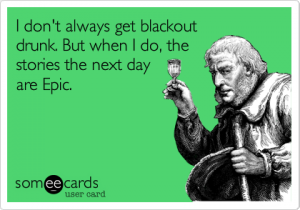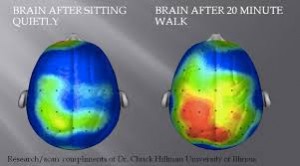Being that we all attend college here at Penn State, I know we are all ready for the cold. BRING IT ON. Are you ready for it? Physically, I guess so… mentally not sure.
What I wanted to know, was what are the effects of the cold on our body’s health and overall well being. Now I am sure preference might have some sort of a role in this because every December break that rolls around and my family is skiing in below 0 degree weather where as my friends are laying on the beach. WHY? I am not entirely sure.
So First off, I wanted to see the physical effects on us when it comes to the cold.
(Pic found here)
I found this insightful article that told me a thing or two. First off, for obvious reasons people are spending more time inside do to the cold. More time inside, means more people inside which means more germs inside, which means….. our immune system is at risk. We are more likely to get colds, flus, and other nasty sicknesses in the cold.
Our heart is also at risk. The cold is a vasoconstrictor. This means your blood vessels are narrowed and your risks for heart complications are also heightened. Make sure to bundle up in attempts to avoid this. Also, physically demanding jobs in the winter do not help this issue. Additional strain on your heart is not good. So this is why we see frequent heart attacks when shoveling snow.
Now those are some physically effects of the cold, that I am sure we have heard once or twice in the past. There are several factors that effect our mental health while living in the cold.
According to an article I found here, there is something called seasonal affective disorder (SAD). The cold can bring you down and CAN make you sad. In the winter, their is less light, and this disorder is the effect of this change. Now this isn’t the cold in general, but its the season and its effects that come from that. People who are effected from this, experience drops in mood and overall well being, usually light exposure can help to treat this.
The stress from living in a climate that is cold, snowy, and likely to storm can stress people out and continue to effect their health. Constant stress an unknowns that surround the expectation of the cold wintery weather can effect our mental health. The cold weather also extracts our empathy. We are more likely to throw an extra $5 at the delivery boy. why? Because as humans, we genuinely feel bad for them in the cold weather. As much as it is their job, would we want to be out there in the freezing cold delivering pizzas all night?
Bottom line, I think there are obvious effects of the cold, but at the end of the day I think it is in respects to each individual. As i said earlier, my family would prefer to ski than to take a week in the Bahamas.
LUCKY ME! Enjoy your breaks however you may choose.





















